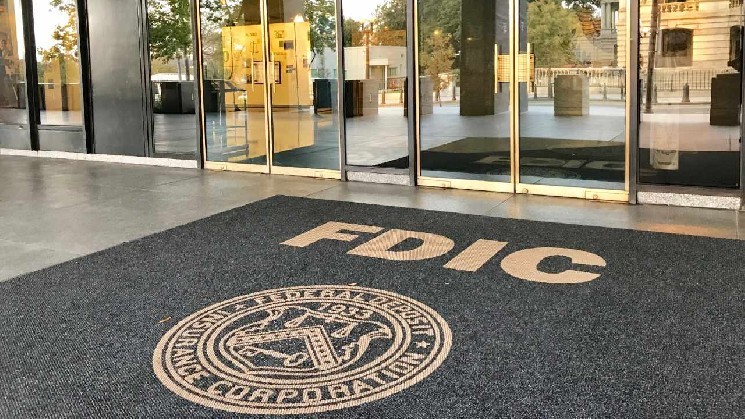The FDIC spotlighted a forward-looking crypto agenda and fair access reforms, signaling a major pivot toward transparency, institutional clarity, and broader participation in digital finance.
US Banking Regulator Drives Forward-Looking Crypto Agenda and Equal Access Initiatives
The Federal Deposit Insurance Corporation (FDIC), the agency responsible for safeguarding depositors and maintaining stability in the U.S. banking system, placed digital assets and debanking at the center of its policy agenda during the September 2025 Financial Stability Oversight Council meeting. Acting Chairman Travis Hill stated that the FDIC had “rescinded Biden-era ‘prior notification’ requirements” and “provided clarity that banks may engage in permissible crypto-asset activities.”
He added that the agency:
Publicly released hundreds of pages of supervisory correspondence to provide transparency regarding the prior administration’s misguided approach to digital assets.
He noted that the FDIC has “begun work to implement the GENIUS Act and recommendations from the President’s Working Group on Digital Asset Markets.” Hill emphasized that these efforts will serve as the foundation for modernizing crypto regulation while maintaining systemic stability.
The FDIC’s changes mark a significant pivot from prior policies, shifting from restrictive oversight to a framework that emphasizes transparency and innovation. By rescinding the notification mandate and clarifying what activities banks may pursue, the agency aims to give institutions a clearer path to explore digital asset services without unnecessary barriers. Releasing internal supervisory correspondence was framed as an accountability measure, revealing how earlier approaches constrained bank participation.
In addition to digital assets, Hill focused on debanking, outlining a rulemaking effort designed to prevent examiners from directing banks to close accounts based on political, cultural, religious, or reputational factors. Reviews of supervised institutions are underway to ensure compliance with the presidential executive order on fair banking. While critics argue that limiting examiner discretion could introduce risk, advocates of both crypto adoption and fair banking reforms contend that the FDIC’s new direction fosters financial inclusion, encourages responsible blockchain use, and enhances U.S. competitiveness in global markets.



